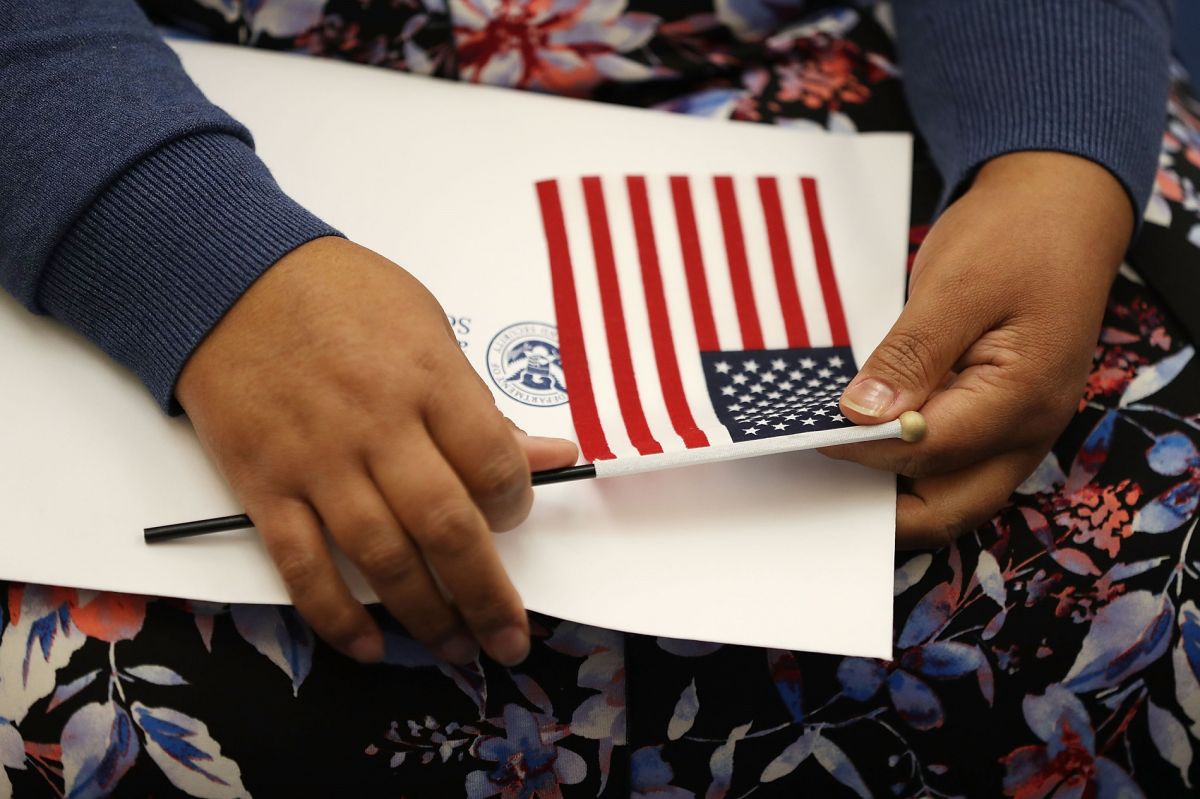After a legal battle promoted by the New York Legal Assistance Group (NYLAG), the Board of Immigration Appeals (BIA) gave in to publishing thousands of decisions on immigration cases whose opinions of judges may be used in new cases and benefit thousands of non-citizens.
The agreement was reached in the Southern District Court of New York, where the Department of Justice –to which the BIA belongs– endorsed the creation of a library in line with the opinions to be published.
“By giving immigrants and their lawyers full access to the opinions of the Board, the agreement will allow them to fight against deportation and other adverse actions“, indicated the organization.
The foregoing because lawyers may allege the case law in certain cases. The NYLAG was represented by the Public Citizen Litigation Group. The agreement in the District Court occurred after a decision by the Court of Appeals for the Second Circuit.
“This historic agreement will change the practice of immigration law in this country”, said Beth Goldman, president and attorney in charge of NYLAG. “After our pivotal victory in the Second Circuit, the Board agreed to stop keeping its decisions secret, a practice that has, for years, put immigrants at a disadvantage.”
Immigrant lawyers consider that opinions will provide more tools to build a case and not be at a disadvantage with prosecutors, who have access to information.
The BIA is the body that adjudicates appeals of decisions made by immigration judges.
“Most of the tens of thousands of Board decisions each year are kept secret from the public,” indicates Public Citizen. “Only a handful of opinions are made publicly available online, and a small number of additional opinions are available in hard copy at a law library in Falls Church, Virginia.”
It was noted that the Freedom of Information Act (FOIA) requires agencies to make all their opinions available to the public via the Internet, but the BIA had refused.
“The case arose when NYLAG, which provides free legal services to immigrants in New York, requested that the Board publish all of its opinions on immigration cases in its electronic reading room,” it was stated. “When the request was denied, NYLAG and the Public Citizen Litigation Group filed a lawsuit.”
The information will be publicly accessible and the defenders will be able to review it within a maximum of six months after a decision is issued.
“The Board must also publish its decisions dating from 2017, as well as some of “, he limited himself. “Publication will start in October and will be rolled out gradually over several years.”
Scott Nelson, Lead Attorney of the case, highlighted as a “tremendous advance in freedom of information”, due to three reasons, beginning with the triumph of the lawsuit and continuing with the agreement that will be “of great use to immigrants and their lawyers”.
“Third, this agreement will help the DOJ and its components serve as a model of FOIA compliance, as rule of law agencies should be,” Nelson said.
